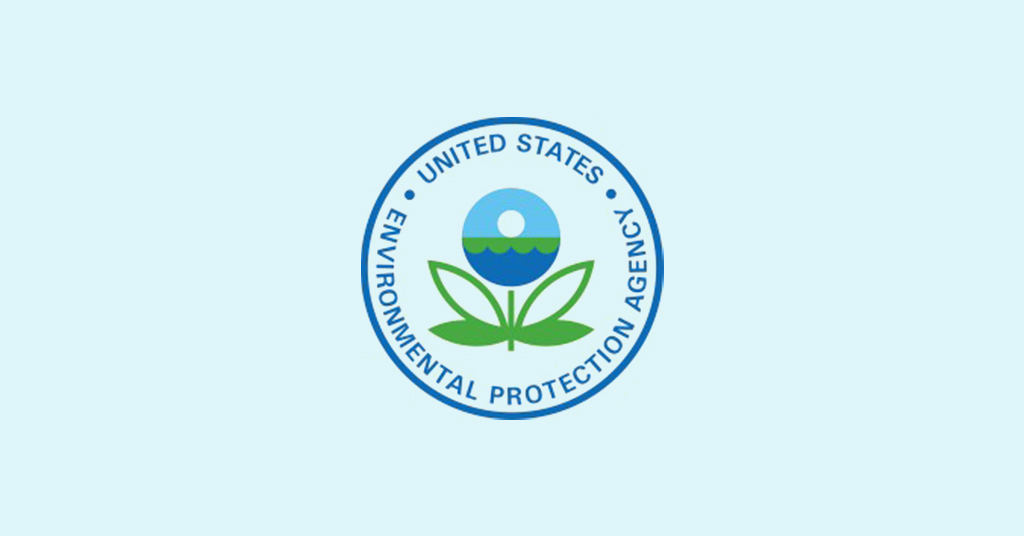Welcome To ChemAnalyst

US: The recent regulation released by the Environmental Protection Agency has dealt a blow to the makers of bio and renewable Diesel. The federal quotas set for the plant-based fuel ignore the recent surge in production and significant investment in new manufacturing facilities. The mandate for 2023 requires the use of 2.82 billion gallons of biomass-based Diesel, which is only a 2.2% increase from last year's 2.76 billion gallons. Unfortunately, the mandates for 2024 and 2025 are also below the increase sought by producers, further adding to their dismay.
Biomass-based Diesel production relies heavily on soybean oil as a key feedstock. However, the daily price limit set by the exchange has caused a significant 7% drop in Chicago. Though the EPA has set a record requiring up to 22.33 billion gallons of renewable fuel to be mixed into gasoline and Diesel by 2025, Biodiesel makers have raised concerns. They strongly suggest that the surge in US production justifies higher targets and that the future of multi-billion-dollar investments in renewable Diesel capacity is at stake.
The recent EPA ruling has created uncertainty and may undermine the efforts of clean fuel producers, oilseed processors, fuel distributors, and marketers who have made a considerable investment to boost the industry in the coming years. The industry had heeded the Biden administration and Congress's signals to accelerate the decarbonization of US fuel markets. However, the volumes finalized by the EPA are not sufficient to support those goals.
The quotas that have been under close observation for a long time now have caused tension between Republican and Democratic presidents. This is because they struggle to maintain a balance between the interests of oil refining and agricultural industries. President Joe Biden had promised to promote Corn-based Ethanol during his campaign, but his administration is currently exerting efforts to push for electric vehicles. This move could lead to a restricted market for all liquid fuels, whether they are made from plants or petroleum. The recent quotas have caused a coalition of stakeholders, including Biodiesel and Ethanol producers, rural farm interests, and oil refiners, to unite in opposition.
EPA Administrator Michael S. Regan has defended the plan indicating that it is in line with their effort to create stability in the program for years to come. The plan also aims to protect consumers from high fuel costs, support the rural economy, strengthen domestic production of cleaner fuels, and reduce greenhouse gas emissions. The regulatory body has made the call to decrease the maximum volume of conventional ethanol that is permissible for meeting the set quotas in 2024 and 2025. This means that the target for those years will be reduced to 15 billion gallons each, down from the 15.25-billion-gallon target that was initially proposed. Unfortunately, this decision is a defeat for makers of corn-based fuel.
The reason for the change in Ethanol target is due to updated government data that predicts a significant drop in liquid fuel consumption, with 2025's gasoline demand forecasted to be more than 5% below last year's baseline. Due to this lower demand, higher blending rates may be required to meet the 15-billion-gallon Ethanol target.
Several refiners applauded the EPA's abandonment of a contentious plan to expand the Renewable Fuel Standard program by adding electric vehicle charging. However, the present conventional biofuel targets remain out of reach. The Fuelling American Jobs Coalition, which represents some independent refiners and workers, strongly criticized the proposal as it raises Ethanol blending levels to an excessive degree, resulting in exorbitant expenses for compliance credits. The coalition further stated that the plan also puts tens of thousands of union jobs and our nation's energy security in danger.
The EPA is proposing to enhance governmental supervision of the creation and exchange of credits utilized to demonstrate adherence to biofuel regulations. These quotas have acquired a fresh significance for American renewable Diesel manufacturers, as their profits now rely heavily on the cost of these credits. Nonetheless, Darling Ingredients Inc., the leading US producer of renewable Diesel through its Diamond Green Diesel venture with Valero Energy Corp, expressed that it's able to benefit from the mandates. Company spokesperson Suann Guthrie affirmed that they perceive this as a positive development for Darling.
Over 20 renewable Diesel production facilities are either planned or being built in the US, and there are enough feedstocks accessible to sustain them. Certain analysts have pointed out that renewable Diesel manufacturers can expand their operations by surpassing the EPA's objectives.
We use cookies to deliver the best possible experience on our website. To learn more, visit our Privacy Policy. By continuing to use this site or by closing this box, you consent to our use of cookies. More info.
